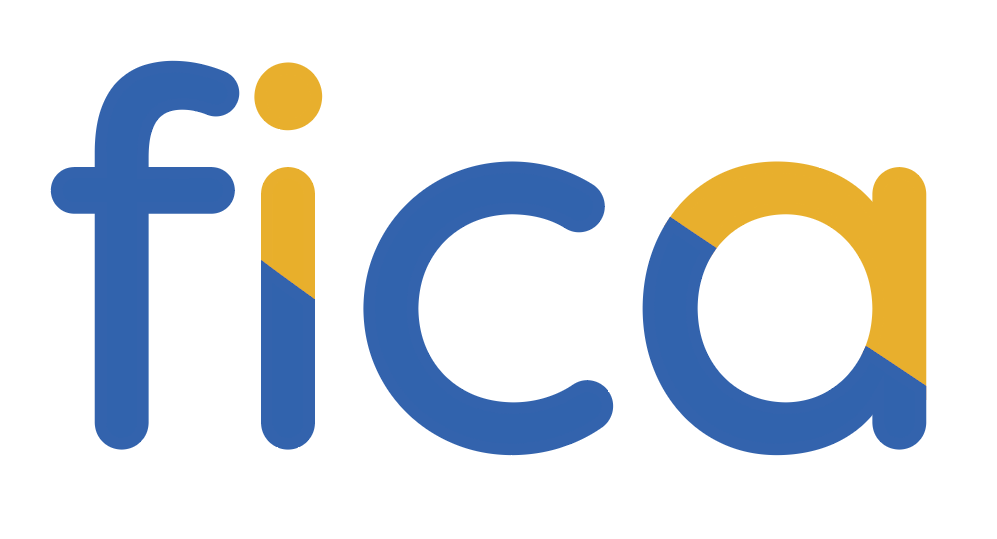Early March 2013, the Boston Consulting Group reported its finding that the size and purchasing power of Indonesia’s middle class will be doubled by 2020. The report also mentioned that the cities with middle class population more than 500,000 people will grow from 25 to 54. The report by Boston Consulting Group reminded the discussion we had during OMC XV on how to improve the life space and human rights condition in Indonesia.
OMC XV, which was held in Chicago in 2008, posited that in order for the life space and rights to expand, the size of middle class in Indonesia had to be enlarged. Back then, the situation was different. Both Jokowi and Ahok had not entered national political scene. There was no leader that could break the old elitism tradition. Both economic and political powers were concentrated in the hand of few elites. All social and security policies were geared to serve the interest of these elites. From the attacked by FPI to AKBB to corrupt law systems, we could feel that our rights and aspirations had been abused and limited. In short, our social space to claim our rights and responsibilities, and climb the economic and political ladders was shrinking.
The bible tells us that as an image of God, we are endowed basic rights such as life, liberty, worship, seek truth, and work. These rights are absolute and should not be relinquished either voluntarily or forcefully. Other rights such as peace, security, travel, and organize are transactional and should be brokered by the government. Most countries imposed limitations even on the basic human rights. Indonesia, in particular, denies the right of its citizen to seek truth because the government regulates the way people chose to believe for the sake of security and stability. Some Indonesia’s government officials also trampled the liberty of its citizen with its corrupt and oppressive practices to gain power and wealth.
We learned from OMC XV that the increase in the size of middle class can help protect the human rights for two reasons. First, since the middle class has more resources to defend its rights, the government will have to spend more resources to repel the resistance. Eventually, the government will resort to democracy because it is cheaper “bribe” than open confrontation. Second, as more resources obtained by the middle class, the ruling elite will have even less resources to “bribe” the government. If it is true that the middle class improves human rights protection and that the size is expanding, then the question becomes what we should do between now and then to protect the rights of the oppressed and who will make sure that country poorest is part of the future middle class.
The answer on those two questions is none other than us the Indonesian Christian. Specifically, it is us in FICA and others in the United States. We have the resources both economically and intellectually to resist the offense of the corrupt elite and government. God has called us to serve and has afforded us with the luxury of life to learn and work in the best institutions. We have no excuse anymore. It is the central message of OMC, in particular OMC XV, that we have to use our talents and be the answer on those two questions.
